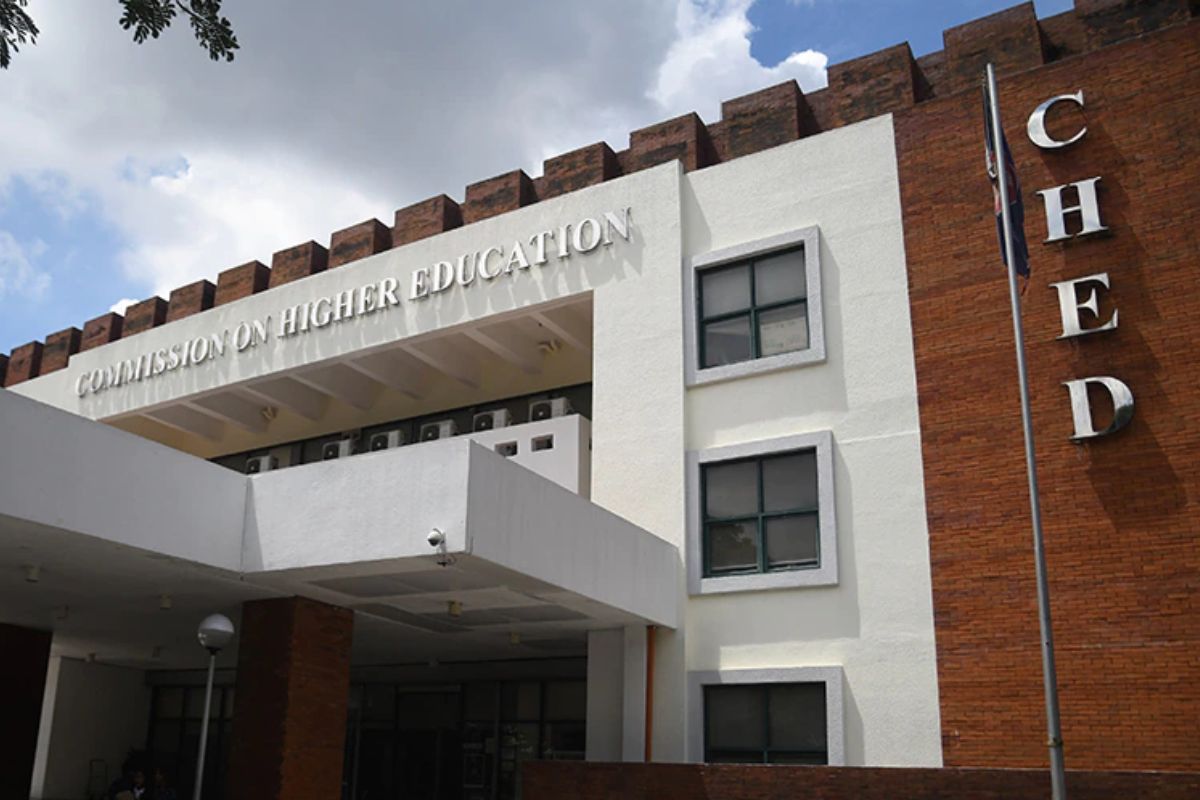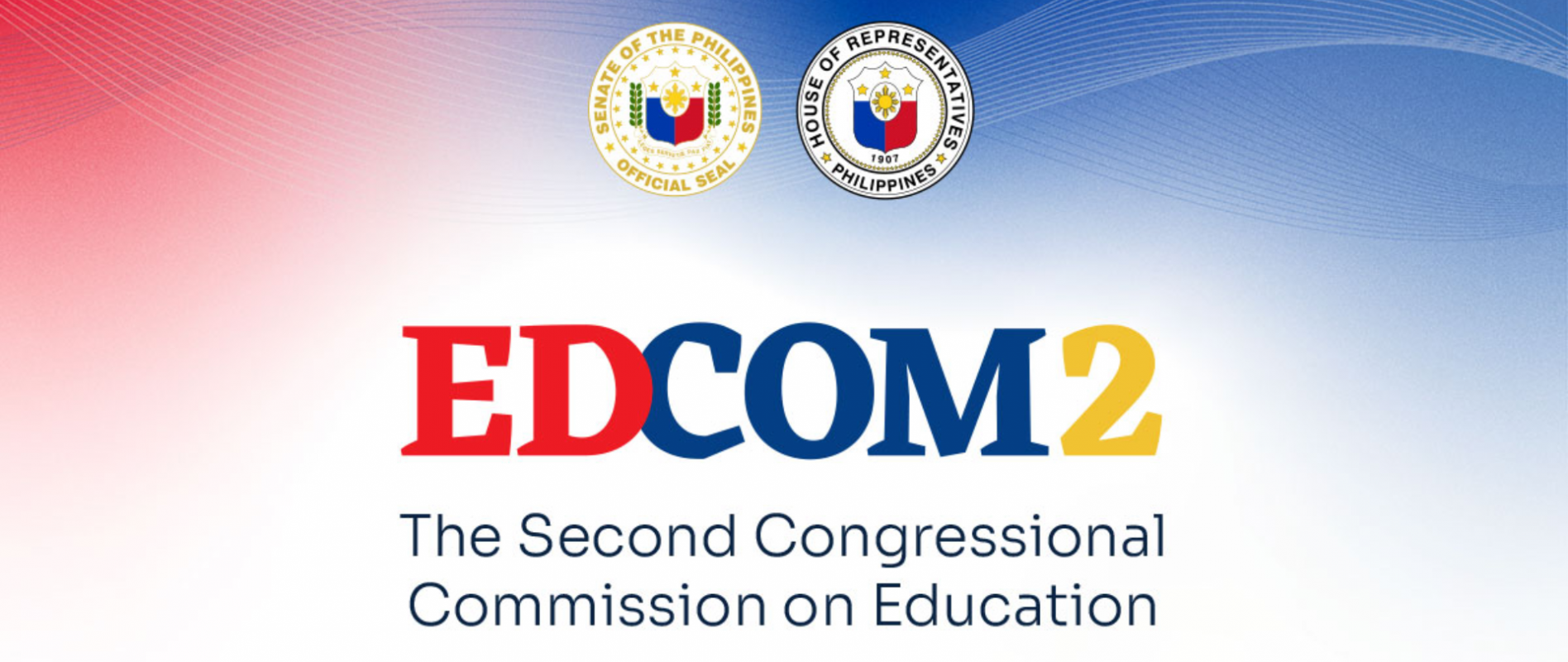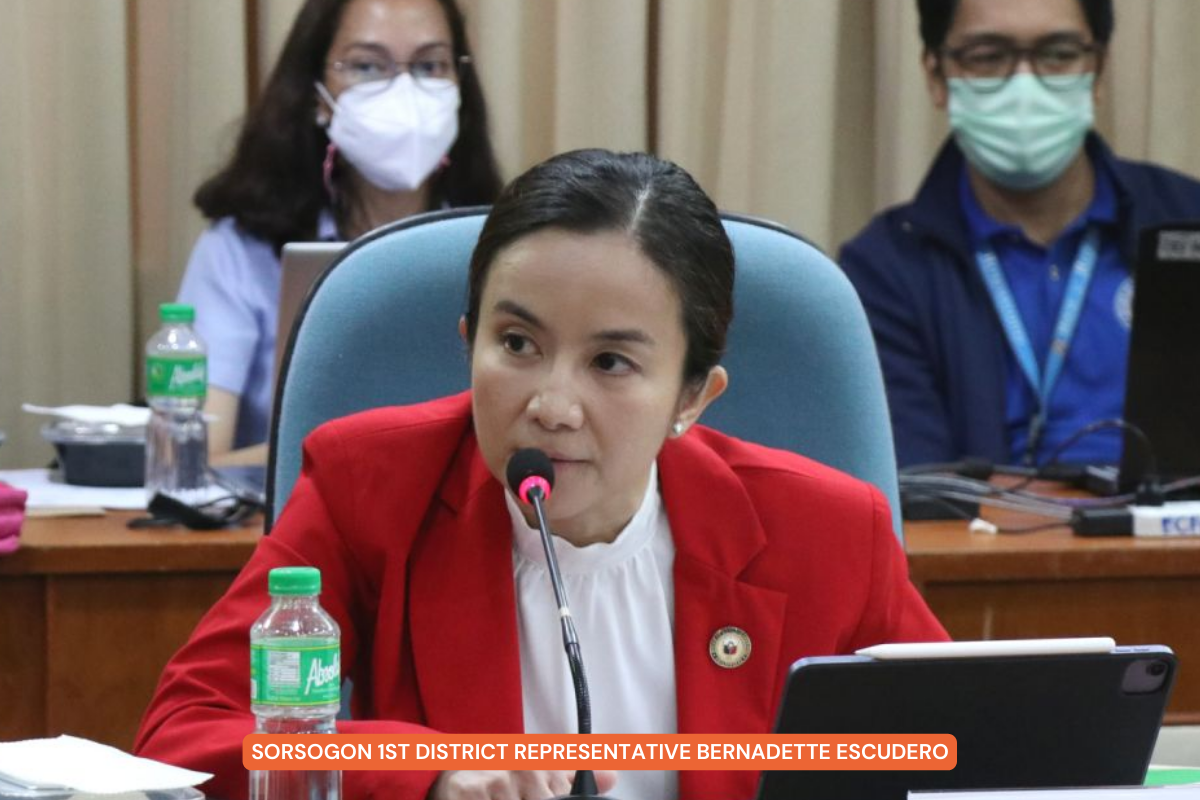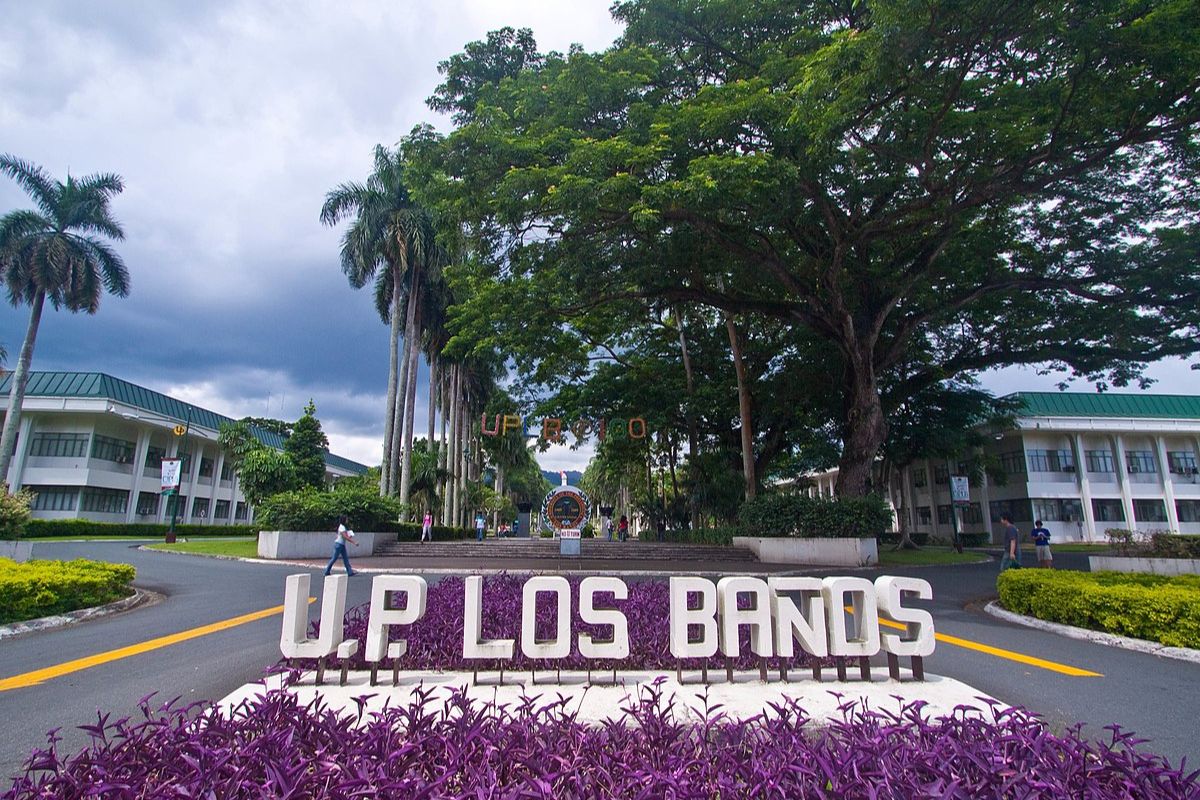CHED-FUNDED RESEARCH LAB IN UP MANILA TO BOOST PH’S DRUG ABUSE IDENTIFICATION AND CONTROL
THE UNIVERSITY of the Philippines, with support from the Commission on Higher Education (CHED), has upgraded its Drugs of Abuse Research Laboratory (UP DARL) to enhance its contribution to strengthening the Philippine government’s efforts in drug abuse identification, control, and neutralization.
UP DARL now utilizes state-of-the-art equipment, which is currently available only at UP Manila College of Pharmacy, to identify a broader range of drug compounds—including new party drugs—in real time, thus improving the illegal drug testing capabilities of law enforcement agencies.
Today, CHED Secretary Popoy De Vera, together with UP Manila Chancellor Mike Tee, unveiled the marker for the UP DARL and examined the new device provided to the university.
“CHED recognized the expertise of UP Manila in chemical and health sciences, and we want this expertise to be at the service of the government. The UP DARL will provide information to help the government better address the drug problem in the country, taking into consideration a public health and human rights approach to the issue,” De Vera said.
“We thank CHED Chair De Vera for supporting the establishment of the DARL. More than just a laboratory for testing drugs, this will also serve as a teaching-learning facility where future experts will be trained. We hope that through this, we can help replicate this expertise in regional centers and other state colleges and universities so they too can assist our government in fighting the proliferation of illegal drugs,” UP Manila Chancellor Michael Tee added.
Through the CHED-Philippine-California Advanced Research Institutes program, the Commission allocated P160,632,193.76 million to fund capacity-building and procurement of equipment for the UP DARL.
CHED invested a total of P112,608,000 million in various equipment that will aid in identifying drug abuse, including new psychoactive substances.
The laboratory can now identify 110 types of drug compounds, compared to existing test kits that can only detect 10, and has reduced the waiting time for test results from weeks to just one day.
The lab employs Liquid Chromatography-Quadrupole Time-of-flight Mass Spectrometry to analyze new designer drugs in hair samples, and a point-of-care device to test for the presence of selected new psychoactive substances using urine samples.
UP DARL’s research and clinical results will also help law enforcement officials more accurately target drugs whose supply needs to be reduced.
Additionally, the laboratory’s active collaboration with health agencies, clinical and forensic toxicologists, and addiction medicine experts will significantly aid in managing existing drug abuse cases.
“This is an example of the expertise of the academe at the service of the government. Like what I have been constantly reiterating during my speeches in UP—UP can only and truly realize its mandate as a national university and prove its reputation as the top university in the country if it’s willing to translate its intelligence, skills, and excellence into concrete action that will help the government make a transformative impact on the lives of the Filipino people,” De Vera said.
Since 2019, UP DARL has utilized various technologies to identify drugs of abuse and has assisted law enforcement agencies, including the Food and Drugs Administration.














